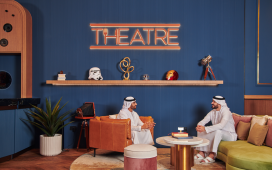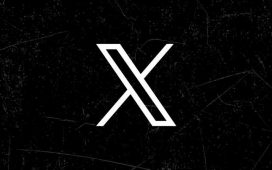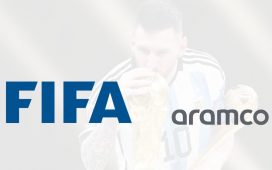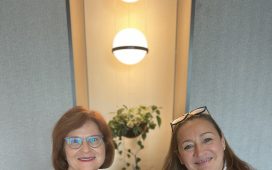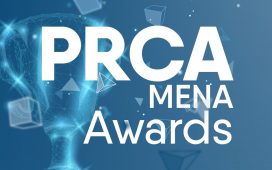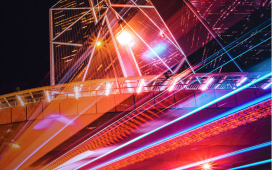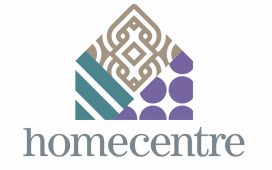
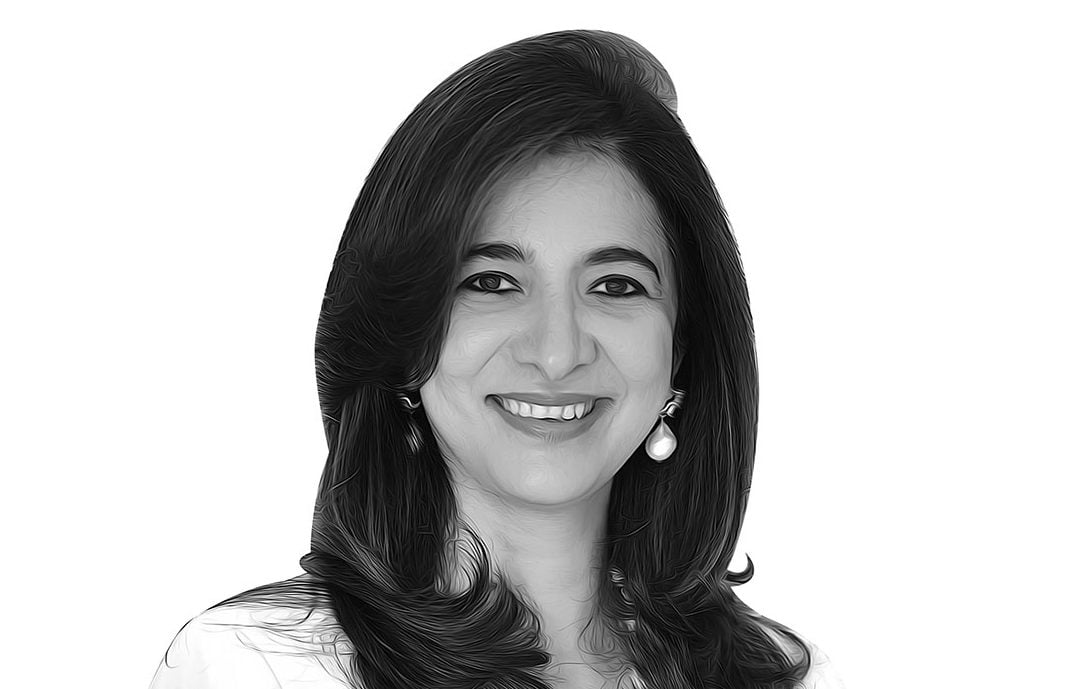 “Banking is boring,” says Banali Malhotra, director of marketing at the UAE’s Rakbank. “Everyone is talking about the same product: rate, fixed-rate, interest rate. Everything is the same and everyone has the same suite of products to offer, so how do you differentiate yourself?”
“Banking is boring,” says Banali Malhotra, director of marketing at the UAE’s Rakbank. “Everyone is talking about the same product: rate, fixed-rate, interest rate. Everything is the same and everyone has the same suite of products to offer, so how do you differentiate yourself?”
The answer, she says, is to make advertising more fun and interesting. Over the past decade, Rakbank has run campaigns using animation, animals, aliens, caterpillars, bees, papier mâché and eggs – among other things.
“We’ve not jumped around,” says Malhotra of the different approaches to messaging. “But we’ve tried different things to convey the message, because the message doesn’t really change. Credit card campaigns, for example, can go beyond showing women with shopping bags. “Show a caterpillar shopping and say he is growing up or something,” she says. “It’s just different and catches eyeballs.”
Sometimes the bank’s playful messaging can catch the eyeballs of people who don’t appreciate it. This was the case when Rakbank launched its Islamic banking service five years ago. The launch campaign used television commercials featuring animated eggs with human faces. “One was wearing a burka, one was wearing a kandura,” says Malhotra. “That was risky because every bank that had launched Islamic banking had done it with a man in a kandura, a lady in a burka and a briefcase. You could close your eyes and you would have no idea of what bank it is. What’s the point? But this ad was fun. Why do we think locals don’t have a sense of humour? You have to push it and offer it to them.”
Not everyone agreed at the time, though, and some complained. One journalist, says Malhotra, went after the bank “like crazy”, saying “What are you making locals look like?” But others liked the ad, and it won awards. When journalists got in touch to suggest it was offensive, Malhotra replied that the concept isn’t disrespectful. “It is to show it is a new thing, and it is a different way of showing it. We are not disrespecting anybody. They are fully clad eggs.”
Another, more recent campaign, this time for the bank’s money transfer services, also received complaints. It told customers that by using Rakbank’s services they could save time over waiting in line at exchange houses. “We were taking on the exchange houses because we were more competitive, faster and digital,” says Malhotra. “The thing was, when we went to town saying that, this market is a little nascent. This market loved the campaign and saw that, ‘Oh, you can do money transfers,’ but the exchange houses complained.” The bank was forced to change the copy and remove the phrase “exchange houses”, instead saying only that its service means you don’t have to stand in queues. “It was interesting because it meant the [the exchange houses] felt the heat as well,” Malhotra says.
“The thing with this market is you can’t get very competitive like everywhere else in the world, where you see the Pepsis and Cokes [using comparative advertising],” she laments. “They are fun campaigns where you can take on your partners or your competitors, right? But in this market you don’t see that; you are not allowed to do that, which we fine a little concerning. We do it tongue-in-cheek.” She adds: “I wish more people would do it. I wish more clients would take that chance. I wish more agencies would push. It would be a more developed market for everybody if people would take that chance.” Blandness and ‘safe’ communications are the enemy, she says: “You can either love us or hate us but you can’t ignore us. … If [our advertising] doesn’t get you engaged then we’ve lost that opportunity.”
The bravery levels of advertising in the region are rising, though. “I think it’s getting better, and I wish it would get more engaging for everybody,” says Malhotra. “We’re not just talking about the banking sector, because you have so many other products that can be doing exactly the same thing. … I wish people would, because it would improve and it would make it more interesting for everyone to read and all the agencies to come up with something more creative.”
Another way the UAE’s advertising is improving is in the quality of acting talent and the ease of getting permits to shoot commercials within the country. This is bringing the cost of shoots down, as production companies don’t have to travel as much. In turn, this means clients such as Rakbank can get more from their agencies and suppliers at a lower cost. “What is happening is that people are finding ways to make it work for clients as well,” says Malhotra. “Because agencies realise that they want the business and we don’t have the budgets, so where do we meet half way to make it work for both? So [they cut] all these extra overheads. For example, the director and the cameraman were the same guy for [a recent] shoot. That’s a huge saving.”
In recent years marketing budgets at the bank “have become challenging”, so Malhotra is taking more of her advertising work in-house. She has hired a creative lead and a graphic designer. “Now, within my team itself, we can pretty much design a campaign,” she says. “We’ve started doing a lot of stuff in-house and sending bigger campaigns and bigger things to the agency, because you have to get cost-effective at the end of the day.” Rakbank’s creative agency is Promoseven 360.
Cost was a driver behing moving more creative work to within the bank. So was speed. And control. “It’s more economical if I can put a person here,” says Malhotra. “I can stand on top of her head and say, ‘OK, let’s move it around here.’ Because with any change you want to see, it takes time to show the agency what you want and for them to come back. Let’s try it another way.” While big ideas are still the remit of the bank’s agency, bringing smaller creative tasks in-house has also reduced some frustration with the creative process. “I realised that a lot of times when you are brainstorming with the agency, you are telling them what you want on the creative and they are bringing it back to you,” she says. “Then you tend to love what you are given because it’s pretty much your idea.”
Tighter ownership of creative ideas is good for the marketing team’s morale. “It also enhances the skillset of the team,” says Malhotra. “It enhances your skillsets, your marketability, and it is done pretty much like a little agency here. Everyone is more motivated; everyone’s CVs are looking better because we have churned out stuff ourselves. “Agencies, I am sure, are not that happy with less business coming to them, but also it does keep everybody on their toes. Honestly.”
The bank took a lot of its PR in-house about 18 months ago, although it does work with agencies on a project-by-project basis, particularly for events. This has saved on a retainer fee that Malhotra felt was not worth it for those periods of low communications activity when the bank’s publicity is centred on press releases.
And Rakbank uses media agency UM for its social work, since answering customer questions can be repetitive and requires consistency of voice that an agency can provide. But the in-house social media manager plans a calendar with the team and with the agency, and also acts as a news reporter for openings, tie-ups and other events across the bank. The customer-facing side of public relations could come in-house too, and Malhotra says: “I’ve kept that as something that’s easily doable, should we require, with one or two more resources. But I don’t want to cave in right yet.”
So for the time being, Rakbank’s marketing communications will be split between in-house and agency work, and will continue to try to be fun and engaging.


